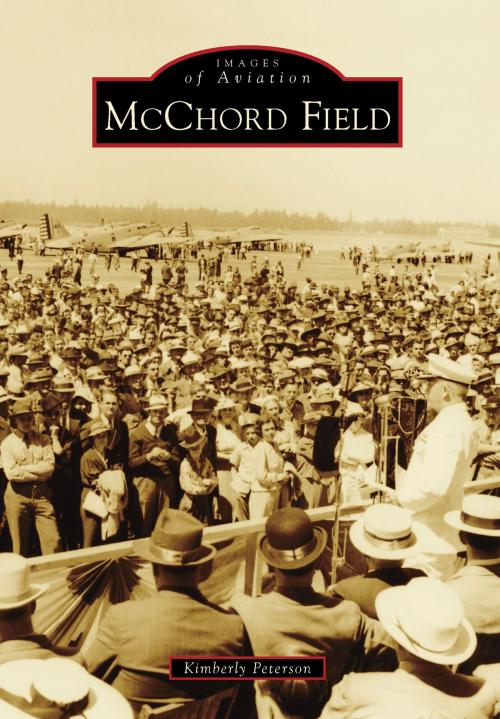McChord Field
Nonfiction, Reference & Language, Transportation, Aviation, History, Military, Science & Nature, Technology, Engineering| Author: | Kimberly Peterson | ISBN: | 9781439643686 |
| Publisher: | Arcadia Publishing Inc. | Publication: | July 22, 2013 |
| Imprint: | Arcadia Publishing | Language: | English |
| Author: | Kimberly Peterson |
| ISBN: | 9781439643686 |
| Publisher: | Arcadia Publishing Inc. |
| Publication: | July 22, 2013 |
| Imprint: | Arcadia Publishing |
| Language: | English |
McChord Field, tucked away in the Pacific Northwest, maintains an understated presence. Yet this subdued outpost plays a vital role in major conflicts around the world. On July 3, 1940, McChord officially opened as a training base, developing bomber crews for aircraft such as B-17s, B-18s, B-25s, B26s, and even some of the Doolittle Raiders. Strategically located, McChord functioned as an aircraft modification center, producing P-39s, the Soviet Union�s most venerable aircraft, as well as a homeland defense center during World War II. The dawning of the Cold War expanded air defense operations with the newly formed Air Defense Command, receiving the P-61, followed by the F-86, F-102, F-106, and F-15. A global airlift hub using C-124s, C-141s, and C-17s, McChord has supported humanitarian, Antarctic, and wartime missions for America.
McChord Field, tucked away in the Pacific Northwest, maintains an understated presence. Yet this subdued outpost plays a vital role in major conflicts around the world. On July 3, 1940, McChord officially opened as a training base, developing bomber crews for aircraft such as B-17s, B-18s, B-25s, B26s, and even some of the Doolittle Raiders. Strategically located, McChord functioned as an aircraft modification center, producing P-39s, the Soviet Union�s most venerable aircraft, as well as a homeland defense center during World War II. The dawning of the Cold War expanded air defense operations with the newly formed Air Defense Command, receiving the P-61, followed by the F-86, F-102, F-106, and F-15. A global airlift hub using C-124s, C-141s, and C-17s, McChord has supported humanitarian, Antarctic, and wartime missions for America.















